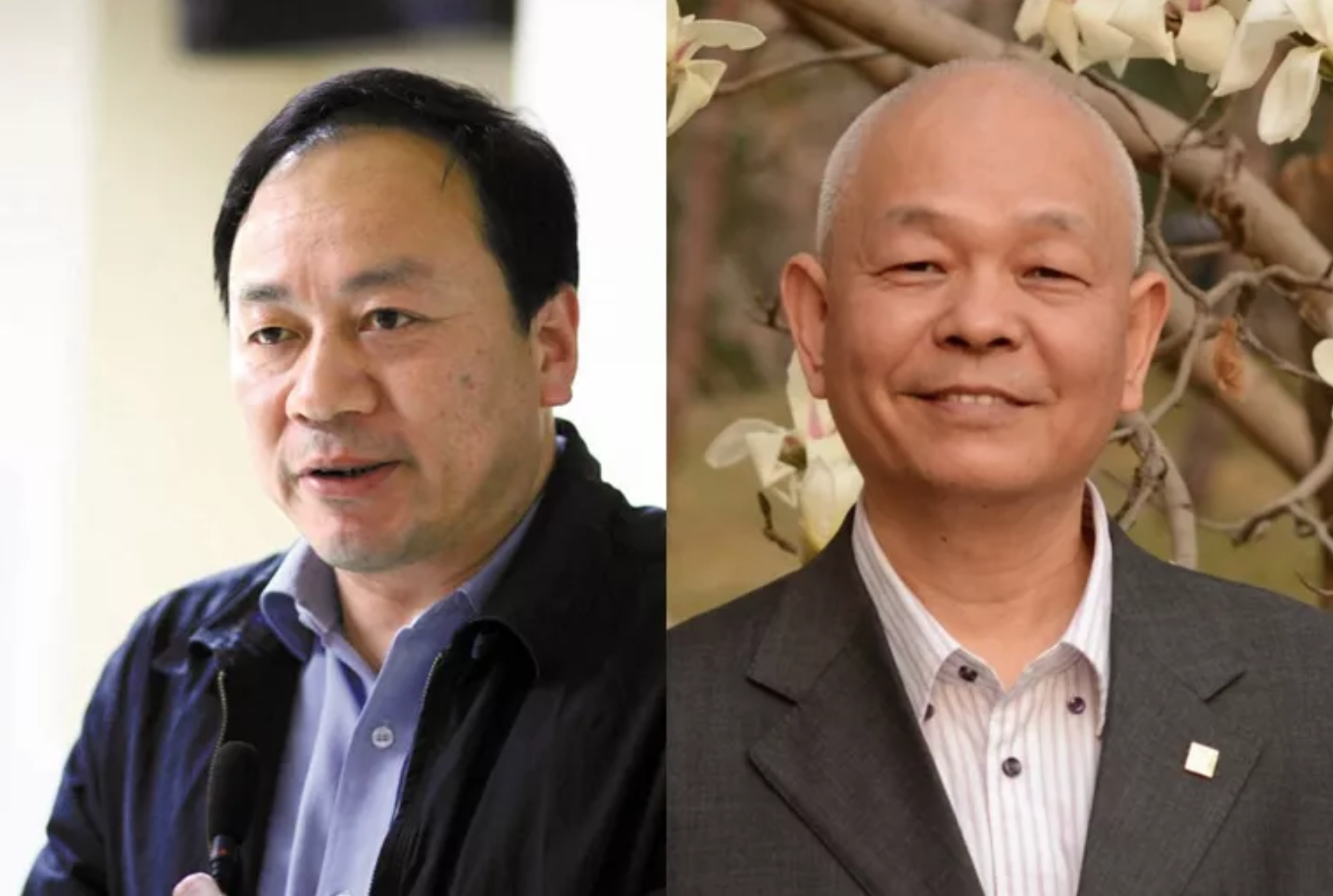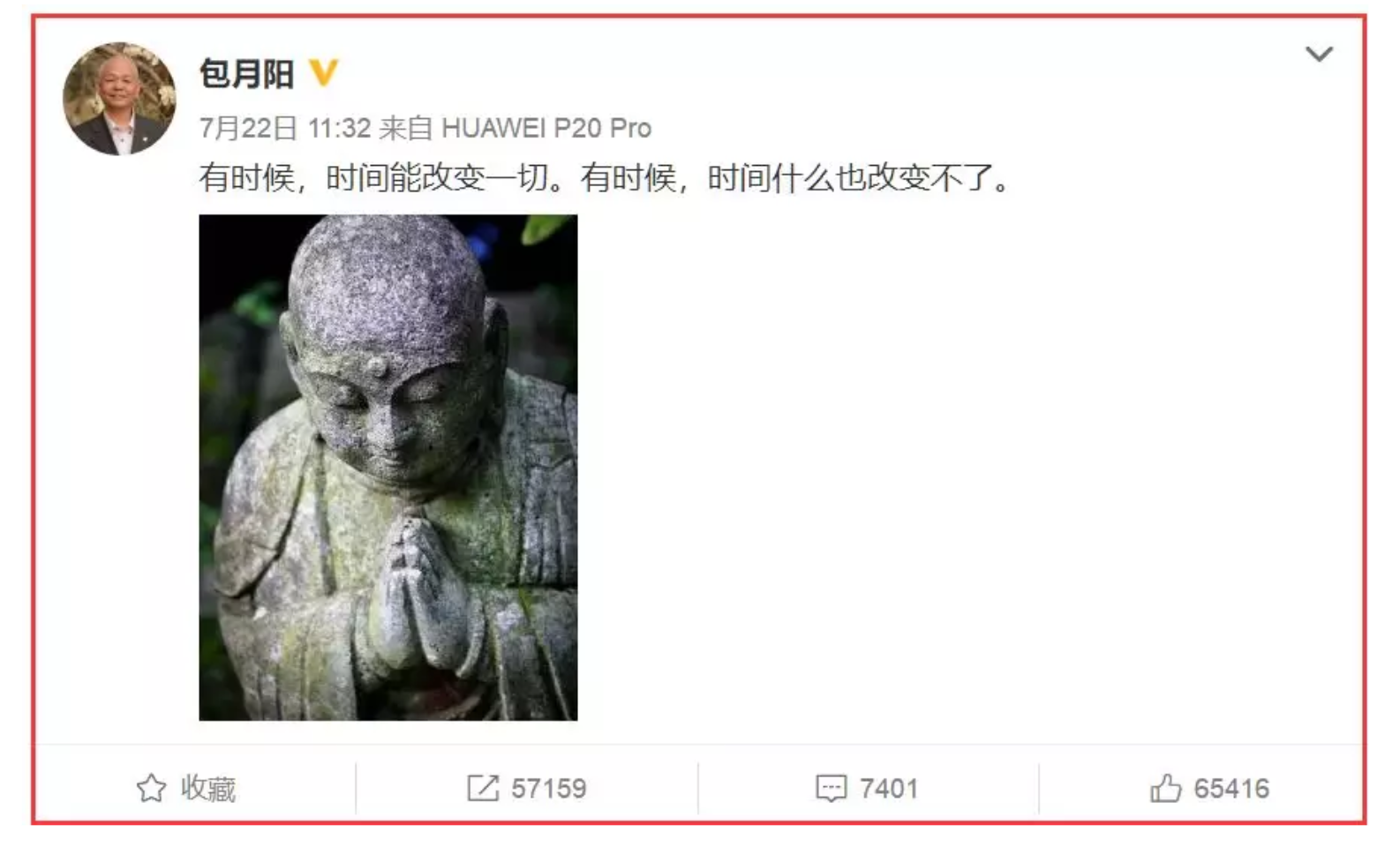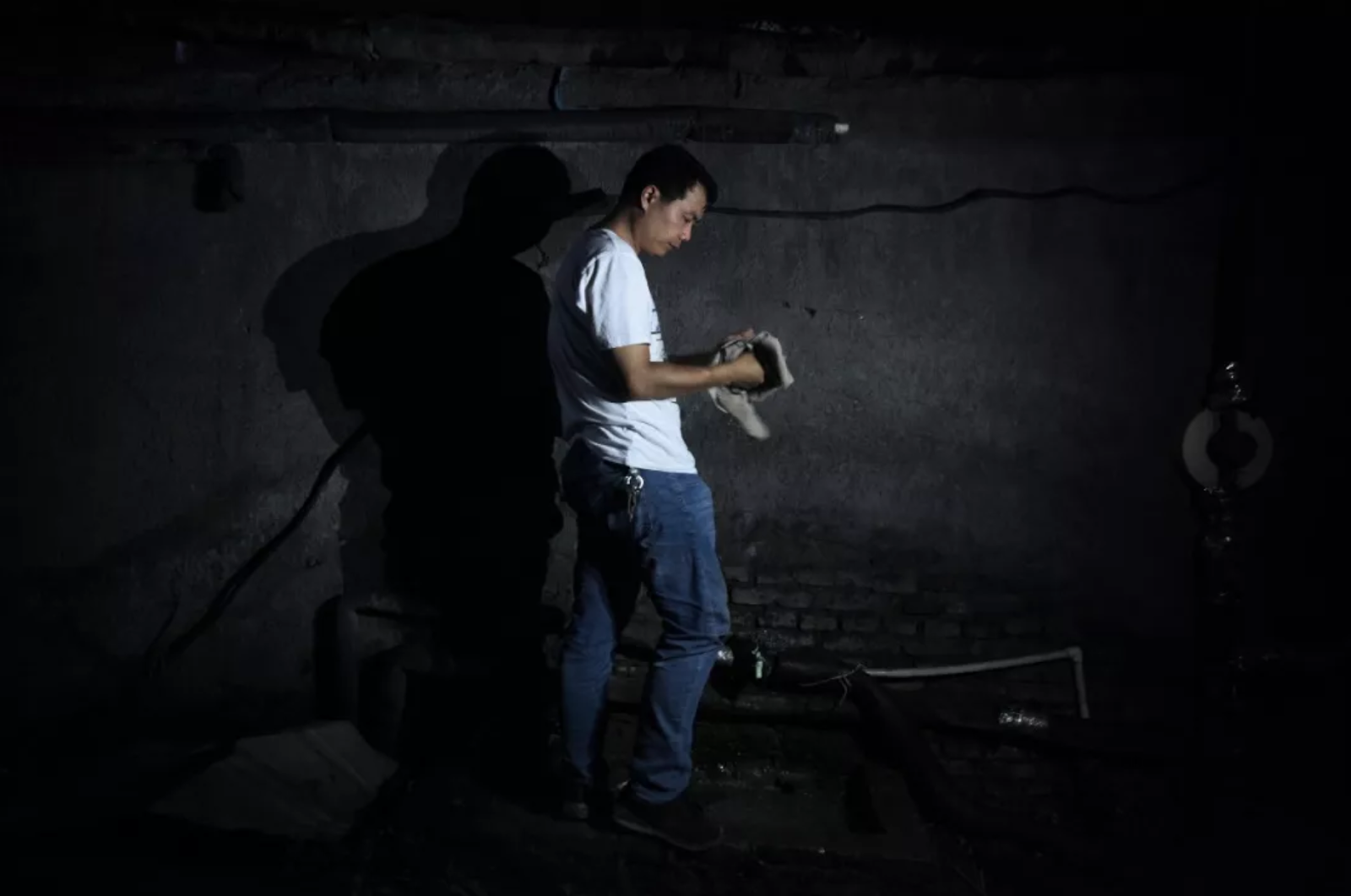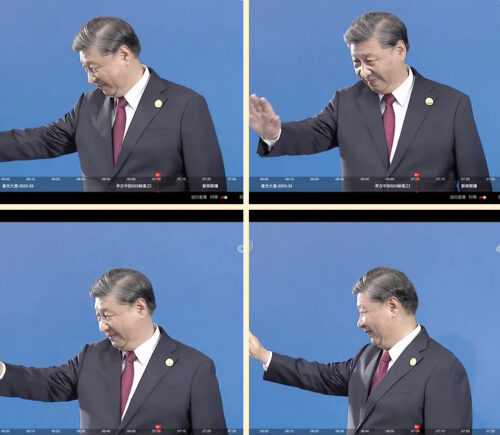Chinese Corner: The decline of investigative journalism, slut-shaming of sexual assault victims, and students’ organizations
Chinese Corner: The decline of investigative journalism, slut-shaming of sexual assault victims, and students' organizations

The decline of investigative reporting in China
深度调查行业的兴衰
By 楚团长 | 饭统戴老板
July 23, 2018
In March 2010, investigative journalist Wang Keqing 王克勤, then senior reporter at the Beijing-based newspaper the China Economic Times, published a bombshell article exposing how improperly stored vaccines administered by the Center for Disease Control and Prevention in Shanxi Province killed four children and sickened more than 70 others who had been vaccinated between 2006 and 2008. Two months later, Bao Yueyang 包月阳, then chief editor of the publication, was removed from his post. Wang was forced to resign. And the higher-ups at the newspaper decided to dissolve its investigative reporting team.
When the recent vaccine scandal broke on July 22, Bao wrote on Weibo, “Sometimes the passage of time can change everything. But sometimes it can change nothing.”

It’s disheartening to see a fine reporter like Bao, who had an investigative urge to shed much-needed light on dark aspects of people’s lives, finally succumb to the dire reality of being a journalist in China. But what’s more saddening is that the number of Chinese investigative reporters is plummeting at an alarming rate. According to a 2011 survey conducted by Zhang Zhian 张志安, a journalism professor at Sun Yat-sen University, China had 334 investigative journalists. Six years later, the number has dropped to 175.
When it comes to pinpointing the culprit for the demise of investigative journalism, it’s convenient to place blame on the lack of effective revenue models in the entire media industry. But as some media professionals pointed out, in the context of China, news consumers have to take a fair share of the blame. Li Haipeng 李海鹏, a veteran investigative journalist famous for his in-depth stories at the Southern Weekly, said that the dearth of a rebellious spirit in Chinese society had disappointed many investigative reporters. “There is nothing to be sad about. It should be fine if we lose the news industry, those investigative reporters, some truths, and some parts of the real world, because they have no importance anymore,” Li wrote. “You can lose what you once cherished. You can lose what you once fought for. But you can never lose what you don’t deserve.” Meanwhile, in an article titled “Stop pretending you like investigative reporters,” WeChat blogger 三表龙门阵 accuses the public of only thinking of investigative journalism when scandals come to light. “The majority of popular articles on Chinese social media contain very little original reporting. What they normally do is repackage information gained through hard work by investigative reporters and sell it to readers,” he wrote. “Don’t shed your crocodile tears for investigative journalism. You are acting like an executioner feeling bad about yourself after chopping off many heads.”


Slut-shaming of victims of sexual assault should be stopped
利用羞耻感责怪性侵受害者,为何总是能成功?
By 吕频 | 新京报
July 26, 2018
Zhang Wen 章文, a veteran journalist and author of several books, is facing allegations of sexual assault filed by several women. In an article (in Chinese) that went viral on social media, one of his alleged victims claims that she was raped by Zhang in May. “It happened so fast that I couldn’t recount all the details. What I remember most is crying for help and begging him to let me go,” she recalls, adding that Zhang came to her place the next day to tell her, “You will never escape the fate of being my woman…I’ve slept with more than 100 girls…I know numerous people in this industry after being a journalist for a decade.”
Zhang later denied the allegations and released a statement firing shots at every woman who came forward to call out his predatory behavior. He said that the author of the viral article had “a few boyfriends at college” and “one of her ex-boyfriends is married.” He claimed that Jiang Fangzhou 蒋方舟, a best-selling Chinese writer who said that Zhang should be in prison after committing these crimes, has many “sexual partners” while remaining single. He accused writer 易小荷 of “frequently having after-work drinks” after getting divorced.
What Zhang did in his response is a classic strategy used by many sexual assailants, who try to validate their offensive behavior by slut-shaming and destroying the credibility of victims of sexual assault. It’s antiquated. It’s obvious for most women. Yet it often works, especially in China, where the culture tends to shame women for expressing sexuality in a way that defies the long-standing patriarchal expectations for them. In this article, prominent Chinese feminist Lu Pin 吕频 analyzes the phenomenon.


Inside student organizations at Chinese colleges: Bureaucracy is on the rise
谁把学生会变成了官僚戏、宫斗剧?
By 林深 | 土逗公社
July 21, 2018
Last week, a notice announcing personnel appointments inside the student union at Sun Yat-sen University became a hot topic on the Chinese internet. In addition to traditional titles such as chairperson and associate, the list includes some positions that can only be found in the political system, such as minister and division chief. To some extent, the broader range of titles indicates the rise of bureaucracy in student groups at Chinese universities, as many people are questioning whether these organizations that are supposed to protect students’ rights and operate independently have transformed into interest groups influenced by school authorities. In this article, the author explains how and why bureaucracy has infiltrated student organizations in China.


Enslaved by a lung
“肺奴”张海超
By 王瑞锋 | 新京报
July 24, 2018
Zhang Haichao, 37, is one of the hundreds and thousands of Chinese migrant workers suffering from pneumoconiosis, also known as black lung disease, after being exposed to coal or other industrial dust for so long without proper protection at work. In 2009, after his employer and local hospital refused to show him physical examination results, Zhang hired an independent surgeon to “open” his chest in an attempt to prove that the dust has caused permanent damage to one of his lungs.
Zhang succeeded. He received a compensation of 1.2 million yuan, which he spent on a lung transplant in 2013. Today, he is working several low-paying jobs to keep his new lung functioning while many others affected by the same disease are still in search of affordable medical aid.






